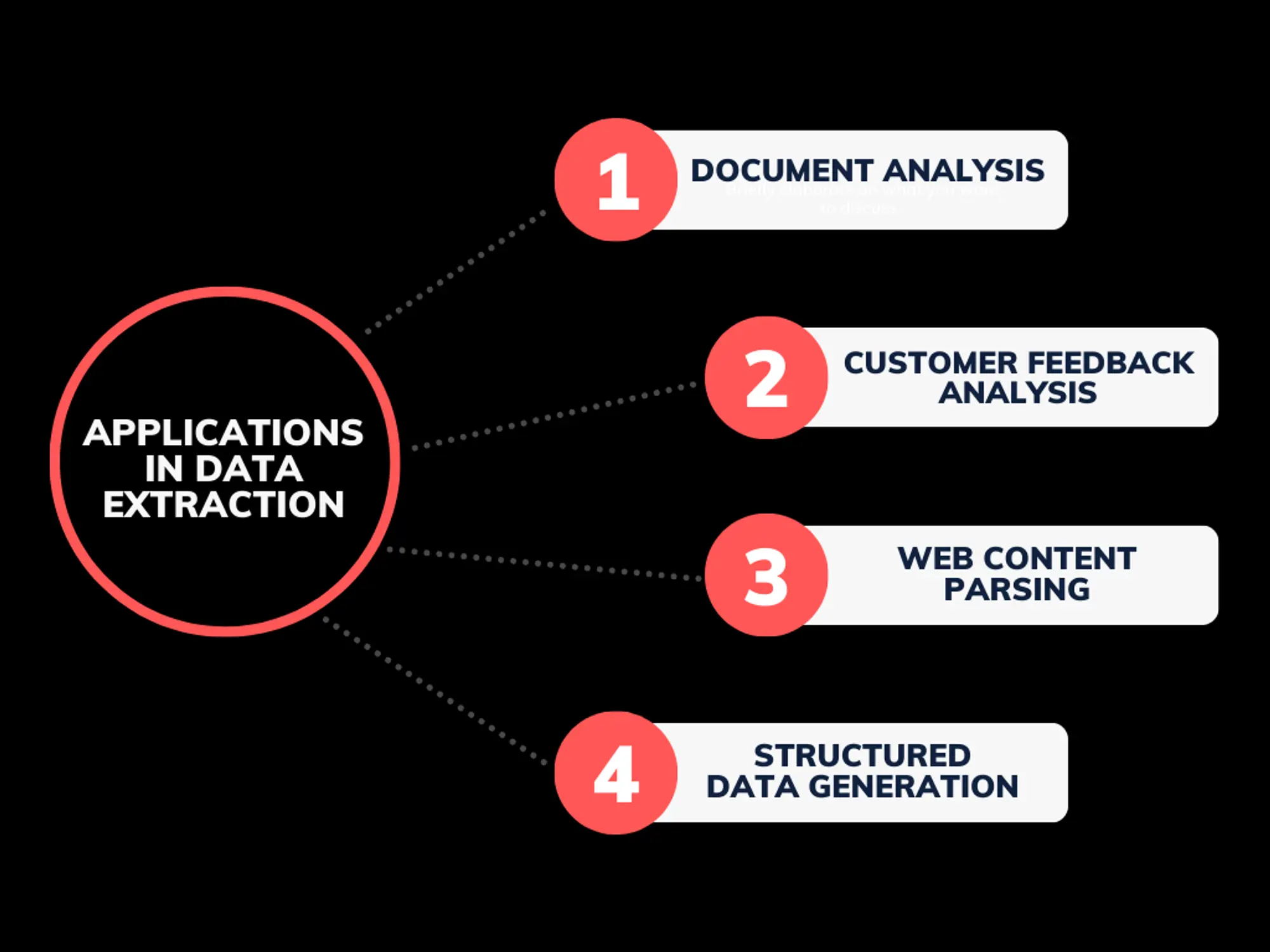
Best LLM APIs for Document Data Extraction
LangExtract: Google's Open-Source Library for Effortless Data Extraction

Best LLM APIs for Document Data Extraction
Ever felt like you're drowning in a sea of unstructured text data? Reports, articles, documents – it's all valuable information, but extracting it can feel like searching for a needle in a haystack. Well, Google has just released a new open-source Python library called langextract that might just be the life raft you've been waiting for!
What is LangExtract?
langextract is a powerful tool designed to extract structured information from unstructured text using Large Language Models (LLMs). Think of it as a translator, turning messy, free-form text into clean, organized data that you can actually use. It’s like having a super-powered assistant who can read through all your documents and pull out the key details, neatly organized and ready for analysis.
Why is LangExtract a Game Changer?
So, what makes langextract stand out from other data extraction tools? Here are a few key advantages:
- Handles Long Documents with Ease: One of the biggest challenges in data extraction is dealing with lengthy documents.
langextracttackles this head-on with its chunking strategy, parallel processing, and multiple extraction passes. This means it can break down large documents into smaller, more manageable pieces, extract information from each piece, and then combine the results. - Powered by LLMs: By leveraging the power of LLMs,
langextractcan understand the nuances of language and extract information with greater accuracy and flexibility. - Open-Source and Backed by Google: Being open-source means that
langextractis constantly evolving and improving thanks to contributions from the community. And with Google's backing, you can be sure it's a reliable and well-supported tool.
Use Cases: Where Can LangExtract Shine?
The possibilities are vast, but here's one compelling example: RadExtract, a specialized implementation of langextract tailored for radiology reports. Imagine being able to automatically extract key findings from hundreds of radiology reports, saving doctors valuable time and improving patient care. This is just one example of how langextract can be used to unlock the potential of unstructured data in various fields.
Other potential use cases include:
- Analyzing customer feedback from surveys and reviews.
- Extracting key information from legal documents.
- Automating data entry tasks.
My Take: Democratizing Data Extraction
In my opinion, langextract represents a significant step towards democratizing data extraction. By providing an accessible and powerful open-source tool, Google is empowering individuals and organizations of all sizes to unlock the value hidden within their unstructured data. This has the potential to drive innovation, improve decision-making, and ultimately make the world a more data-driven place.
What do you think? Could langextract be the key to unlocking the potential of your unstructured data? What exciting use cases can you envision?
References
- Google Launched LangExtract, a Python Library for Structured …
- LangExtract: Unlocking Data with Python's Open-Source Library
- Introducing LangExtract: Google's New Python Tool for ... - Archyde
- LangExtract: The Open-Source Tool for Building …
- tyscript / js port · Issue #78 · google/langextract - GitHub
- LangExtract用 LLM 一键完成长文档信息抽取与可视化-CSDN博客
- LangExtract - Official LangExtract Python Library for Information...
- Introducing LangExtract : A Gemini powered information extraction...
- GitHub - google/ langextract : A Python library for extracting structured...
- LangExtract - Extract Structured Data from Any Text
- Google's LangExtract AI Tool Turns Unstructured Text into... - Kingy AI
- LangExtract | Health AI Developer Foundations | Google for Developers
- Feature Image URL
